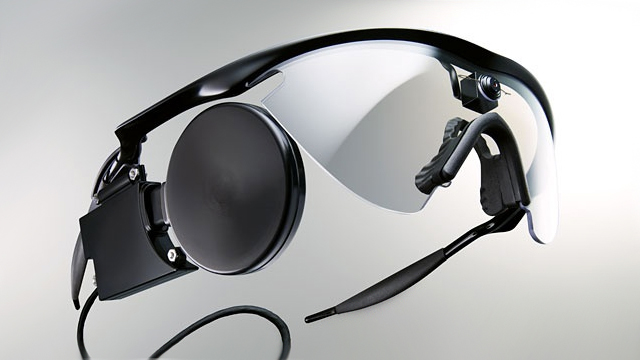Bionic eye implants are bringing back the sight of NHS patients
A breakthrough for the health service

Those suffering from retinitis pigmentosa, an inherited form of blindness, have been given a glimmer of hope by the UK's National Health Service.
A successful trial now means that NHS England will carry out procedures to implant "bionic eyes" into ten patients from around the UK, restoring some of their sight.
Five patients from the Manchester Royal Eye Hospital and five from Moorfields Eye Hospital in London will be fitted with the Argus II retinal implant in the new year, which uses a mounted camera to capture light and send a signal to the brain. It allows the wearer to discern between light levels and, in some cases, even make out large lettering.
A new hope
"I'm delighted that our pioneering research has provided the evidence to support NHS England's decision to fund the bionic eye for the first time in patients," said Professor Paulo Stanga from the Manchester Royal Eye Hospital.
"It surpassed all of our expectations when we realised that one of the retinitis pigmentosa patients in Manchester using the bionic eye could identify large letters for the first time in his adult life."
The patients will now be monitored for a year to study the long term use of the implant, which has already been trialled in cases of macular degeneration - the leading form of blindness, affecting more than 20 million people around the world.
Sign up for breaking news, reviews, opinion, top tech deals, and more.

Gerald is Editor-in-Chief of Shortlist.com. Previously he was the Executive Editor for TechRadar, taking care of the site's home cinema, gaming, smart home, entertainment and audio output. He loves gaming, but don't expect him to play with you unless your console is hooked up to a 4K HDR screen and a 7.1 surround system. Before TechRadar, Gerald was Editor of Gizmodo UK. He was also the EIC of iMore.com, and is the author of 'Get Technology: Upgrade Your Future', published by Aurum Press.